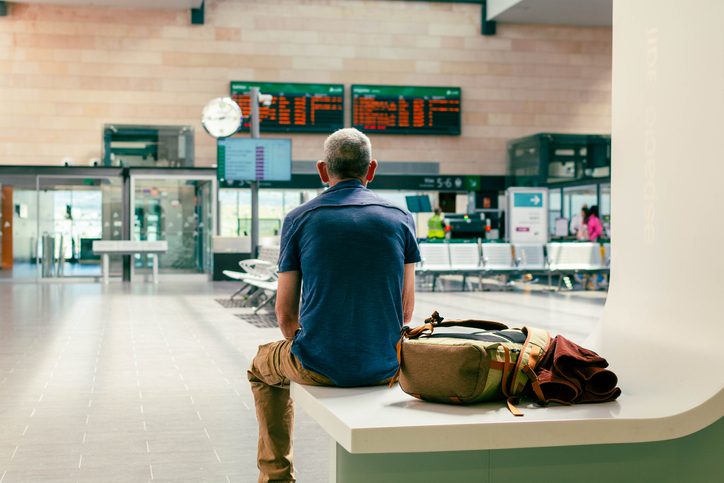
From road trips to jet-setting, why travel insurance should be a non-negotiable
Whether you’re jetting off to a tropical paradise, road-tripping with the kids, or taking a solo trip to reclaim your sanity this summer, there’s one travel essential you don’t want to forget: travel insurance.
.png)







